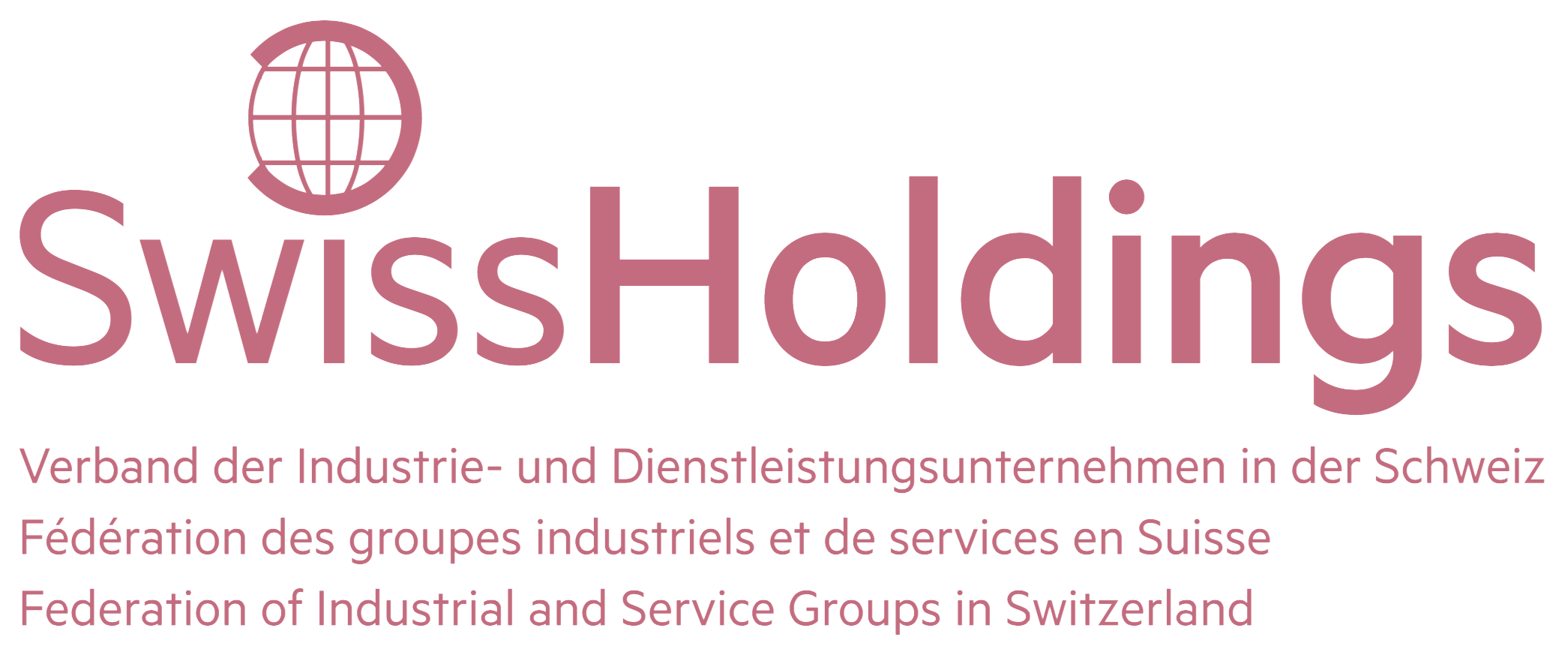This is an automated translation.
Swiss voters clearly approved the bill to implement the OECD minimum tax today. SwissHoldings and its member companies are pleased about the YES to the bill. This lays the foundation for implementing the international project in Switzerland as of January 2024. It creates the legal certainty which is important for companies and enables the cantons to strengthen their attractiveness as a business location. The task now is to pursue swift implementation.
It was already clear before the vote: the OECD minimum tax will come. From 2024, the member companies of SwissHoldings will pay at least 15 percent profit tax worldwide. The approval of the voters sends a clear signal: Switzerland is committed to the international minimum tax and the proposed implementation is supported.
Important signal for the economy
With the result of the vote, it is clear to companies that they can pay the 15 percent required by the OECD in Switzerland. This brings legal certainty. In addition, the bill represents a solution that reduces unnecessary administrative expenses and the risk of double taxation. For the Confederation and the cantons, the referendum result means higher tax revenues. Switzerland can make good use of this to strengthen its attractiveness and to secure and further increase higher revenues in the long term.
International tax reform brings change in location competition
Regardless of today’s result, Switzerland knew that the historically important location factor of “low profit taxes” and thus tax competition in general would lose importance. The international competition for the best taxpayers and attractive jobs for well-educated employees is likely to change and intensify in the coming years. This means that the cards will be reshuffled. Switzerland can be among the financial winners if it adapts to the new competition and attracts new investments. In particular, cantons with currently higher profit taxes have the opportunity to position themselves attractively and benefit financially. If the right course is set for the future, Switzerland will continue to be an attractive business location with high corporate tax revenues.
After the vote is before the technical implementation
Intensive work is being done on the Swiss implementation ordinance. It is essential that these are driven forward in a targeted and timely manner so that companies, as well as the Confederation and the cantons, can prepare in time for the entry into force in January 2024. The challenges remain great, as important implementation requirements are still being developed at the OECD level. This makes it all the more important for the Confederation, cantons and companies to work closely together to achieve a lean, internationally accepted Swiss implementation.
For information:
Gabriel Rumo | Director | +41 79 712 20 20
Julia Besnier | Head of Communication and Public Affairs | +41 79 586 59 24

